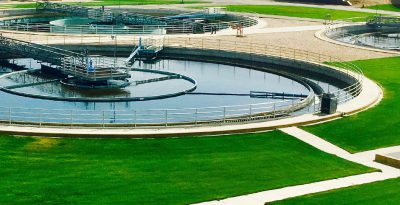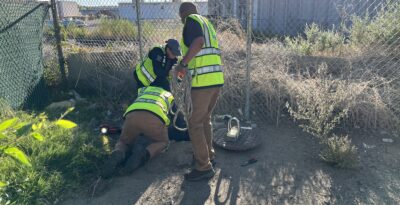
Businesses that may generate petroleum oil, grease, and sand are required to follow best practices and use and maintain sand oil interceptor to prevent damage to facility and City pipes.
Required Maintenance
Best Practices
Best management practices to manage petroleum oil, grease, and sand include installing drain screens, storing and managing chemicals and chemical waste properly, and sweeping or dry wiping floors before washing down. Employees must be trained to employ these best practices. Once trained, every employee should complete an Employee Training Form (you may download our forms for your convenience in either English or Spanish. Sink signs should be located at hand and mop sinks.
Plan Review
Facility Inspections
South Platte Renew conducts periodic inspections of businesses within our service area to insure compliance with requirements, this includes assessing the use of best practices and inspecting sand oil interceptors.
Purpose of the POGs Program
The purpose of South Platte Renews Petroleum Oil, Grease, and Sand program is to protect the sanitary sewer and our treatment system from potentially damaging wastes. Certain businesses, such as automobile maintenance and repair shops, car washes, commercial parking garages, stone cutters and other businesses may discharge wastewater containing pollutants such as petroleum, oil, grease, and sand (POGS). These pollutants can create potentially hazardous conditions in the collection system endangering worker health and safety, or may lead to collection system clogs or undue wear and tear on our treatment system equipment.
Contact Us
If you have any questions or concerns or would like to discuss this further, please contact the Industrial Pretreatment Department at SPRpretreatment@englewoodco.gov or complete the below contact form. You may refer to our POGS brochure for more information as well.



